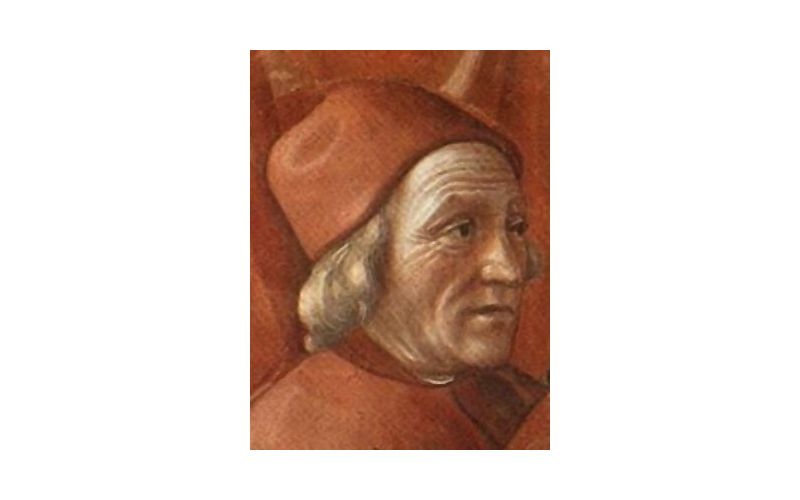100 Heroes: Marsilio Ficino
The gay man who became one of the most influential figures in the Italian Renaissance.

Marsilio Ficino was an Italian scholar and Catholic priest. He was one of the most influential humanist philosophers of the early Italian Renaissance.
Ficino established the Florentine Academy – an attempt to revive Plato’s Academy – which influenced the direction and tenor of the Italian Renaissance and the development of European philosophy.
Early life
Ficino was born in 1433 in Florence.
Ficino’s father was a physician who worked for the wealthy house of Cosimo de’ Medici. Cosimo took young Ficino into his household.
It was through the Medicis that Ficino was first introduced to philosophers, which in turn led to a fascination with Ancient Greece.
Cosimo – an enthusiast for Ancient Greece – decided to found a version of Plato’s Academy in Florence. He chose Ficino to lead the project.
Work
Ficino wrote extensively, and became well-known for his thinking on medical science and astrology.
He developed an understanding of the principles and conditions necessary for healthy living.
Platonic love
Ficino introduced the term and concept of “platonic love” in the West.
Ficino first used the term in a letter to Alamanno Donati in 1476, but it’s a theme that he continued to expand upon throughout his work.
One interpretation is that Ficino used the term platonic love to differentiate same-sex relationships from opposite-sex relationships. Ficino studied Plato and Ancient Greece extensively, he would have been very familiar with the Greeks’ enthusiasm for man-on-man encounters.
Giovanni Cavalcanti was one of the men that was the subject of Ficino’s Platonic Love. Ficino wrote passionate love letters to Cavalcanti.
It’s widely accepted that Ficino was a gay man, and that he had numerous relationships and encounters with men.
Death
Ficino died in 1499.